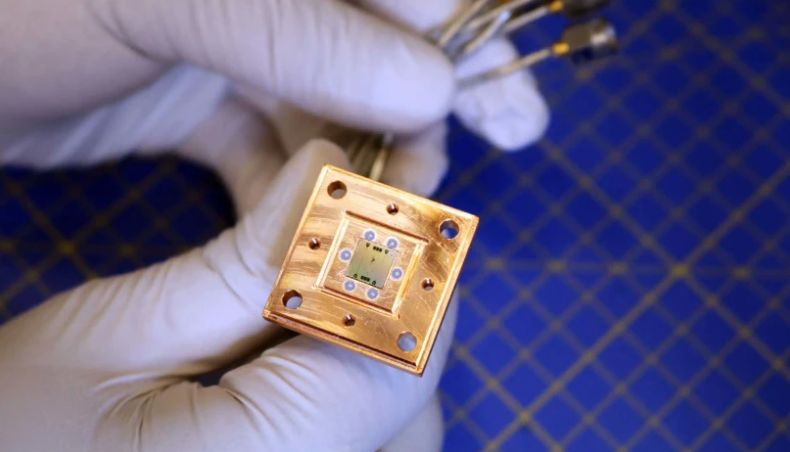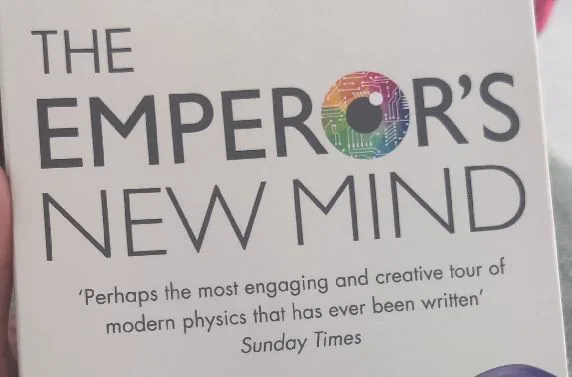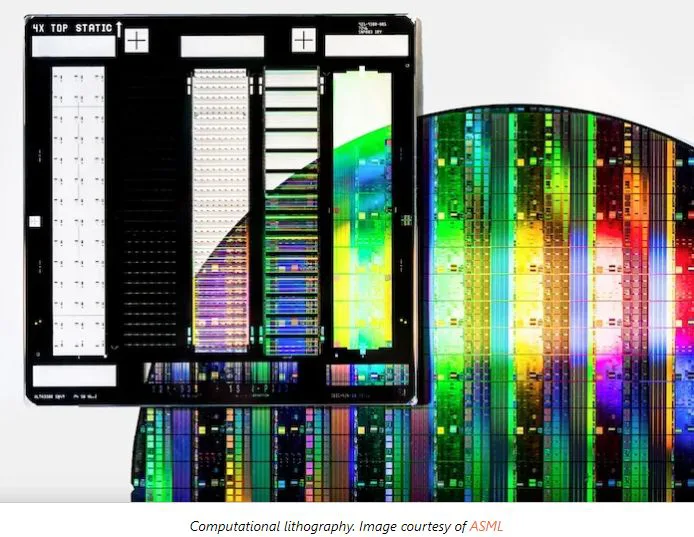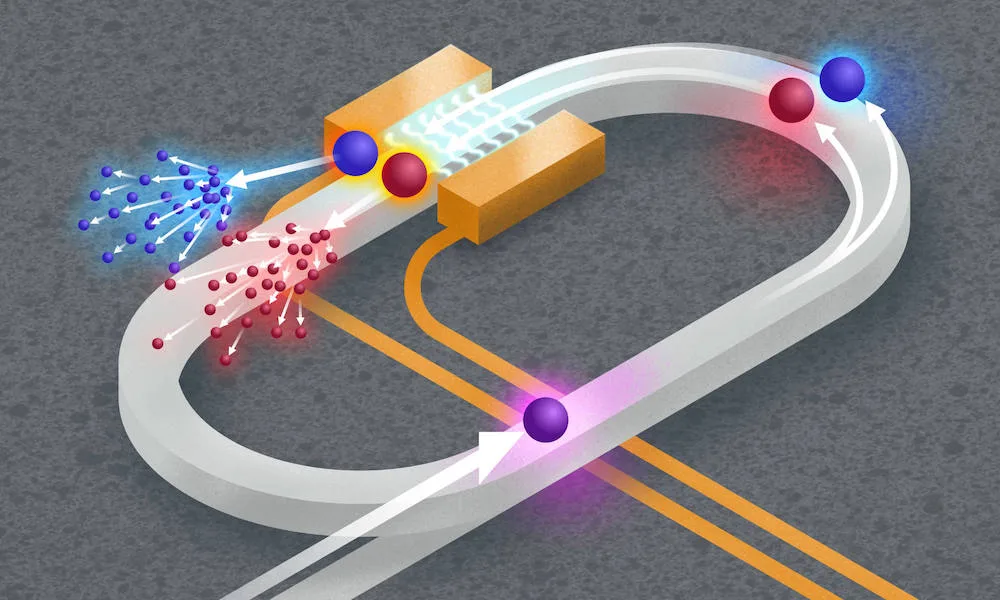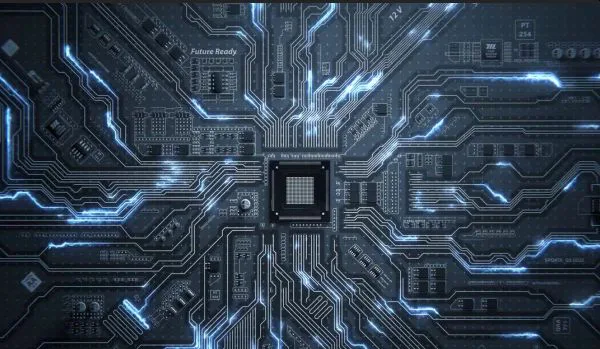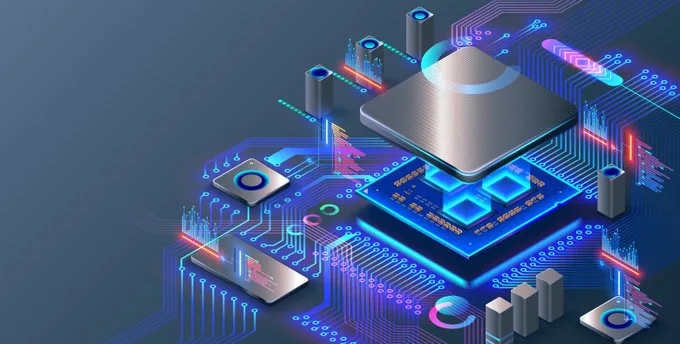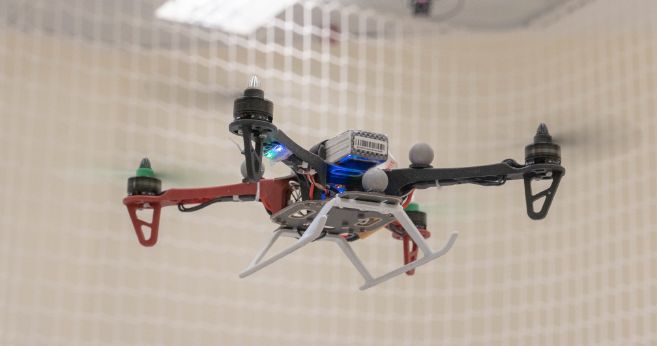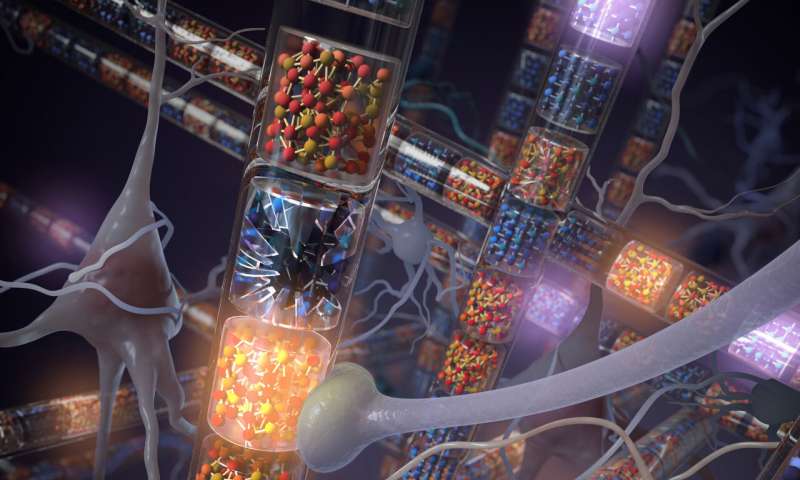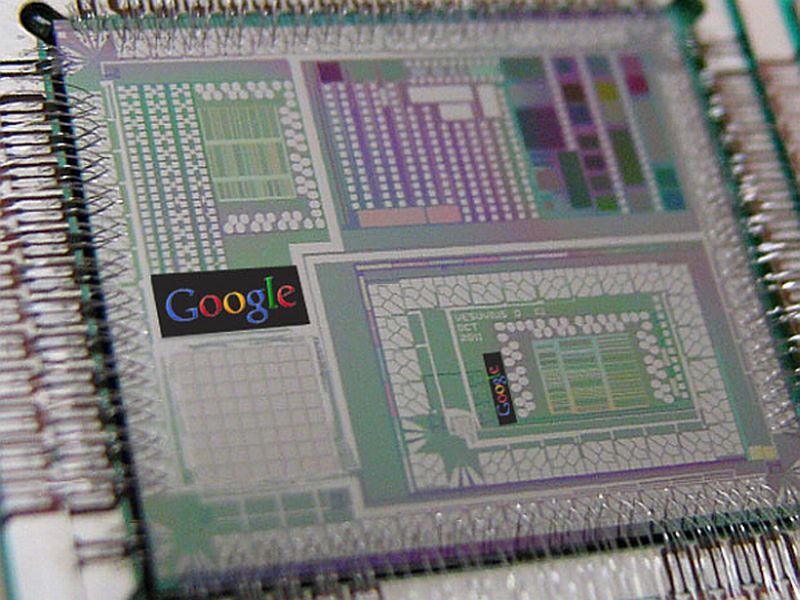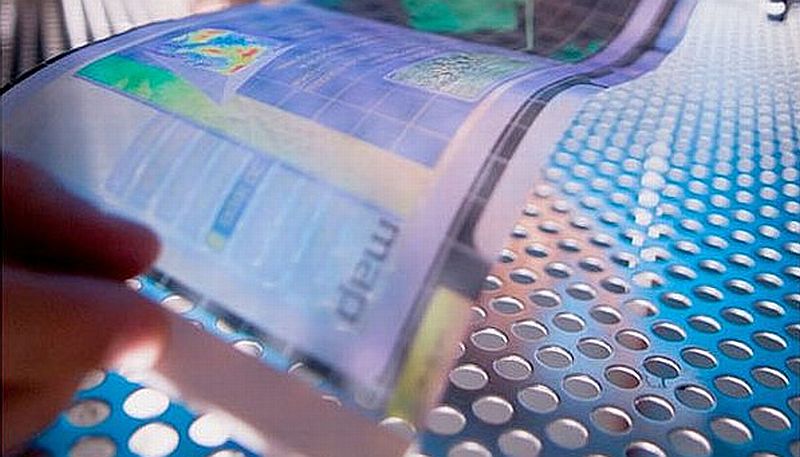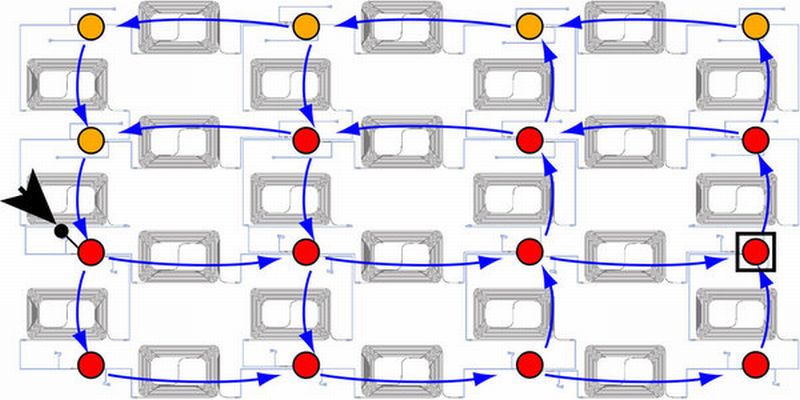You’d expect the same input to get the same answer, right? But in machine learning, that’s not always the case.
Read MoreTag: computer science
Record Cold Quantum Refrigerator: A Breakthrough for Quantum Computing Stability
An interesting development around quantum computing has surfaced. We all know that these quantum systems require super cold temperature to operate at their optimal performance. Why? Well, the fundamental blocks of quantum computers, which are, the qubits cannot function in regular temperature. For reliable quantum computation, these quantum systems require extremely low temperatures as they are highly sensitive to their surroundings, in fact, even a tiny disturbance by weak electromagnetic interference can cause errors in their system.
Read MoreBook Review: The Emperor’s New Mind by Roger Penrose
The Emperor’s New Mind: Concerning Computers, Minds and The Laws of Physics was written by Sir Roger Penrose. It was first published in 1989. I decided to pick this book because I thought it would give me the physicist’s perspective on what consciousness is. However, this book is much more than that. It’s about Turing machines, lambda calculus, the Mandelbrot set, Gödel’s theorem, cosmology, space-time singularities, quantum mechanics, neurology, AI, and, of course, consciousness. So, it’s a comprehensive package covering nearly “everything”.
Read MoreComputational Lithography empowering Microchip Advancements: Revolutionizing Chip Design
Semiconductor industry is soaked with one of the most ever-advancing technologies. The demand for smaller, faster, and more efficient microchips keeps the world of semiconductors on its toes. Computational lithography has totally revolutionized the field by meeting the desired level of precision and complexity in chip design.
Read MoreChip-scale Optical Quantum Simulation System: Quantum Computing Milestone
A team of researchers have successfully simulated complex natural phenomena at the quantum level. Scientists at the University of Rochester’s Hajim School of Engineering & Applied Sciences have developed a chip-scale optical quantum simulation system. Conventionally, photonics-based computing involves controlling the paths of photons. This time, the team led by Qiang Lin has taken a different approach. According to which, they have simulated the phenomena in a synthetic space. And they have manipulated the frequency, or color, of quantum entangled photons as time progresses.
Read MoreLithography-Free Photonic Chip: Redefining AI Architecture
When it comes to data-heavy applications and sustainable computing, photonic chips have emerged as a promising technology. The use of photonic circuits, powered by laser light, offers an edge over traditional electronic circuits. Some of its remarkable advantages over electronic circuits are: Speed of light: Photonic chips make use of light to transmit and process information, which of course happens at the “speed of light”. Thus, leveraging the feature of light makes them move faster than electrons in electronic circuits.
Read MoreILT and SMO continue to push the Boundaries of Resolution: Semiconductor Manufacturing
Semiconductor manufacturing is experiencing rapid and dynamic growth. The exponential evolution is making it one of the most swiftly evolving industries globally. As technology is advancing, the electronic devices are progressively shrinking in size. Behind this constant innovation lies the incredible field of “computational lithography”. It is the heart of semiconductor industry. After all, it blends the power of computers, mathematics, and precision engineering. Only to create intricate microscale structures on silicon wafers.
Read MoreGame-Changing Diode Enhances Quantum Computers and AI Performance: Quantum Leap
Researchers at the University of Minnesota Twin Cities have created a ground-breaking superconducting diode, which is a crucial element in electronic devices. This innovation has the potential to not only enhance the development of quantum computers for industrial applications but it will also boost the performance of artificial intelligence systems.
Read MoreReal-time Neural MPC: Deep Learning & Model Predictive Control Framework
Model predictive control (MPC) is a powerful technique that has gained popularity in recent years for controlling the movements of robotic agents. It involves using a model of the agent’s dynamics to predict its future behaviour. Followed by optimization of this behaviour to achieve a desired goal while also satisfying a set of constraints. MPC algorithms are capable of handling complex scenarios and can consider various factors such as the agent’s physical constraints, environmental conditions, and the dynamics of other objects in the environment. This makes MPC a popular choice…
Read More256 Qubit Programmable Quantum Simulator: Computing Revolution
An international team of researchers from the Harvard-MIT Center for Ultracold Atoms and other universities has created a programmable quantum simulator. The newly developed quantum computer operates on 256 quantum bits unlike its predecessor, which was on 51 qubits.
Read MoreHyperdimensional Computing System: Inspired from Cerebral Attributes of Neuronal Circuits
Hyperdimensional computing (HDC) is the budding computational paradigm based on cognitive model which distillates to higher dimensionality and randomness.
Read MoreUshering An Era of Quantum Computers with Built-in Optics: The Qubit Technology
Quantum computers are hypothetical devices with higher computational power than a traditional computer. The classical system involves bits as the smallest unit of data, that is represented by 0 or 1, while quantum computers are made up of quantum bits, also known as qubits. Unlike the conventional computer, where a bit has to be either 0 or 1, quantum mechanics grants a qubit to be in both the states at the same time. A qubit would be represented as 0 and 1 simultaneously, a hallmark which is rudimentary to quantum…
Read MoreGoogle’s First Quantum Computer: A Combination of D-Wave and Universal Gate-Model
Quantum logic gate based on qubits is what most of the quantum computing labs is working on to make the product a reality. However, these labs show no or less confidence in companies like D-Wave, the Canadian based that came out with world’s first commercially available quantum computer functioning on 128-qubit chipset, in 2011. Lately, in an interesting turn of events, Google went a step ahead by hiring a team of researchers for building their initial Google quantum computer using quantum annealing as per the D-Wave approach than the conventional…
Read MoreMagneto-Optical Storage: The Next Generation of Plastic Computers
In an effort to replace silicon chips with flexible plastic within gadgets like computers, cellular devices and related systems, researchers from University of Iowa and New York University have come up with an alternative to the high capacity storage technology. During the fiber optic transmission, it is easier and convenient to encode data in light while magnetism helps in storing information with an unlimited expiry date. With the proposed technology, converting information from one form to another is a critical issue. Since, the energy cost for this process is insignificant…
Read MoreSilicon Photonics Chip Mimics Human Brain
Researchers from Ghent University came up with a breakthrough approach by demonstrating processing of information on a chip, mechanism of which was based on the functioning of human brain. Artificial neural networks or the bio inspired technique has been used in the past to bring about complex tasks which otherwise would have been tricky to solve by rule-based programming like computer vision and speech recognition. The researchers applied 16 nodes of neural network directly in hardware with the help of silicon photonics chip. Unlike the traditional computer chips that require…
Read More

